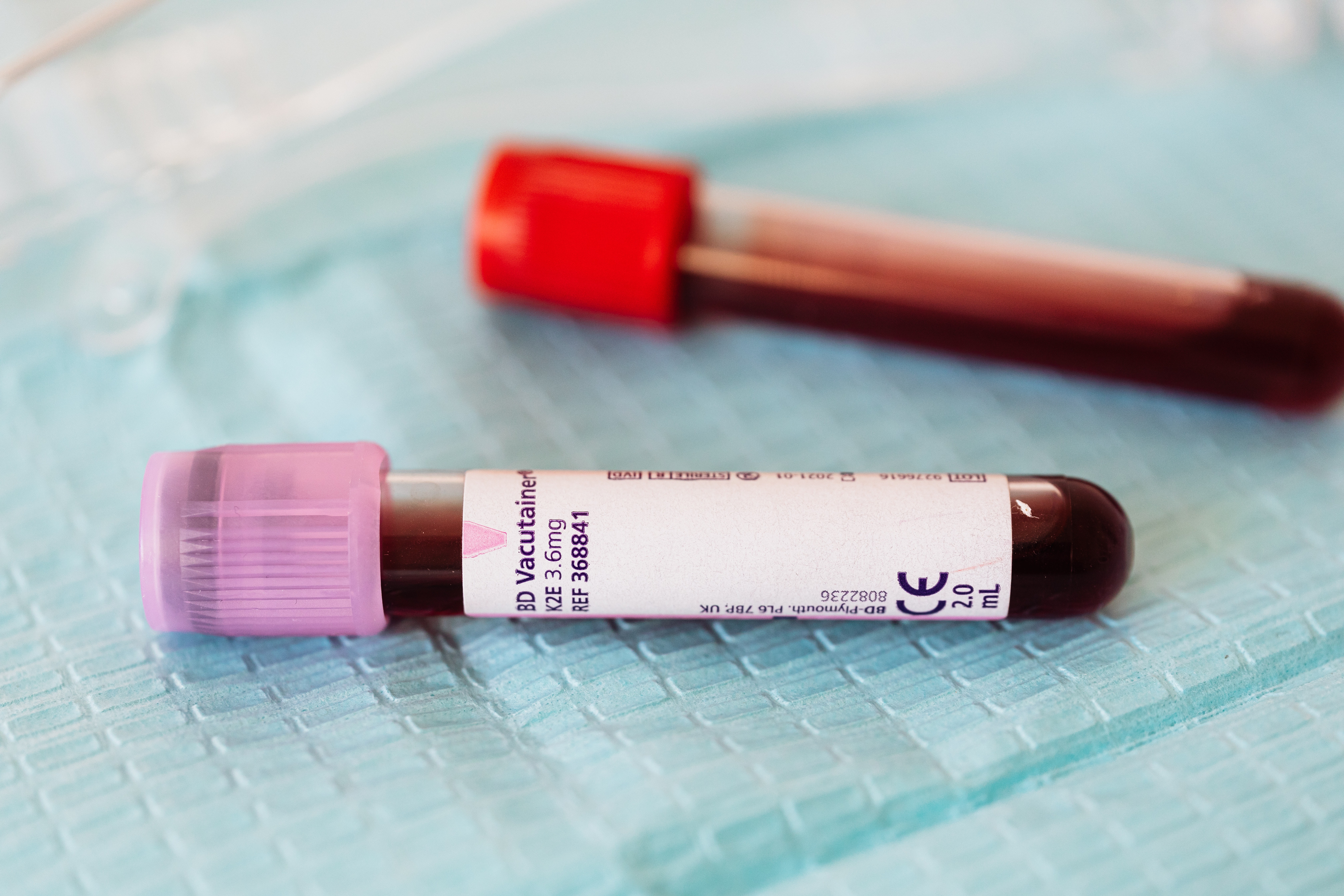
Rapid Tests for Detection of Viral Markers in Blood Transfusion: Safeguarding Safety and Efficiency
by Indranil on October 4, 2023 , 5 min read
Rapid Tests for the Detection of Viral Markers in Blood Transfusion
Blood transfusions are a cornerstone of modern medicine, playing a crucial role in saving lives during surgeries, treating various medical conditions, and supporting patients in critical situations. However, while blood transfusions offer numerous benefits, there is an inherent risk - transfusion-transmitted infections (TTIs). In this guide, we explore the pivotal role of rapid tests in detecting viral markers during blood transfusions, ensuring the safety and efficiency of this life-saving procedure.
Importance of Blood Transfusions in Medical Treatments
Blood transfusions are indispensable in contemporary healthcare, aiding in surgeries, trauma care, cancer treatment, and managing chronic illnesses. These procedures involve transferring blood components, such as red blood cells, platelets, and plasma, from healthy donors to patients in need.
Risks Associated with Transfusion-Transmitted Infections (TTIs)
Despite their importance, blood transfusions carry risks, including the potential transmission of infectious agents. Viruses like HIV, Hepatitis B, and Hepatitis C are notable concerns. Understanding these risks is crucial for both patients and healthcare systems.
Need for Rapid and Accurate Tests for Viral Marker Detection

Ensuring blood safety is paramount, necessitating the detection of viral markers in donated blood. Rapid, precise tests have become increasingly vital in safeguarding patients' health and well-being.
Understanding Viral Markers in Blood Transfusions
To appreciate the significance of rapid tests, it's essential to grasp the viruses transmitted through blood transfusions, the clinical consequences of TTIs, and their impact on the blood supply chain's safety.

Traditional Testing Process for Viral Markers
Historically, viral marker detection relied on methods like ELISA and Nucleic Acid Amplification Techniques (NAT), which have limitations:
1. ELISA and Its Limitations: ELISA detects antibodies to the virus but has a window period where antibodies may not be detectable, potentially yielding false-negative results.
2. Nucleic Acid Amplification Techniques (NAT) and Their Drawbacks: NAT is sensitive but complex and costly, not readily available in some settings.
3. Time-Consuming Nature and Potential Delays in Diagnosis: Both ELISA and NAT can be time-consuming, causing delays in diagnosing viral infections in donated blood.
H2 - Introducing Rapid Tests for Viral Marker Detection
Rapid tests offer several advantages over traditional methods:
1. Overview of Rapid Tests and Their Benefits: They provide quick and accurate results, reduce the window period, and are user-friendly and cost-effective.
2. Advantages of Rapid Tests Over Traditional Methods: Rapid tests enhance blood safety, offering quicker results and wider accessibility.
3. Quick Turnaround Time and Implications for Blood Transfusion Safety: Rapid tests' rapid results enable immediate identification and removal of potentially infectious blood units from the supply chain, minimising TTI risk.
Evidence of Effectiveness: Research and Studies

Extensive research, clinical trials, and comparative studies have demonstrated the accuracy and reliability of rapid tests. Health authorities endorse their use.
Ensuring Blood Transfusion Safety: A Collective Effort
Blood transfusion safety requires collaboration between healthcare providers and blood banks, stringent donor screening, and continuous improvement of testing procedures.
Conclusion
Blood transfusion safety relies on accurate viral marker detection. Rapid tests have revolutionised this process, reducing TTI risk and benefiting patients worldwide. Continued advocacy and collaboration are crucial to further strengthening blood transfusion safety.
In conclusion, rapid tests are instrumental in maintaining the life-saving potential of blood transfusions while prioritising patient well-being.
For more such information, visit our website Kindly Health